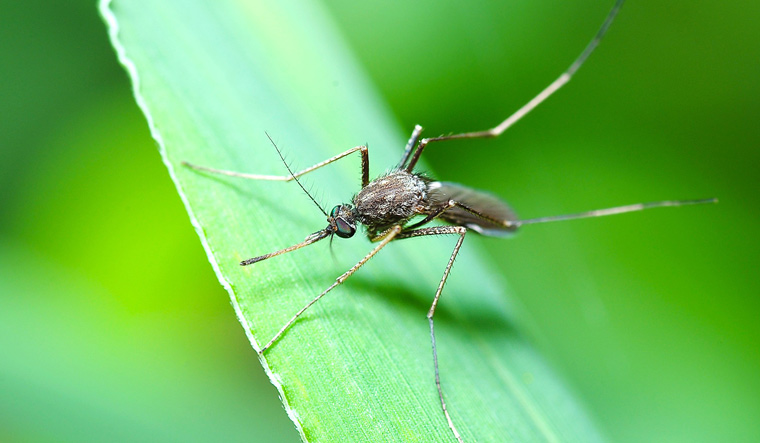On Friday, J.P. Nadda, Union minister of health and family welfare, reviewed the status of vector-borne diseases and the preparation of states via a video conference in Delhi, in the presence of health secretaries and senior officials of the states. Present at the meeting were Manoj Jhalani, mission director of Ayushman Bharat; Promila Gupta, director general of health services; Vikas Sheel, joint secretary, ministry of health and family welfare and other senior officers of the Union health ministry.
Nadda emphasised the need for early preparedness in managing vector-borne diseases such as dengue, malaria, Kala-azar, Chikungunya and Lymphatic Filariasis, before the onset of the monsoons in the country. Nadda interacted with principal health secretaries and mission directors of 20 endemic states—Andhra Pradesh, Assam, Arunachal Pradesh, Bihar, Chhattisgarh, Delhi, Gujarat, Haryana, Jharkhand, Karnataka, Kerala, Madhya Pradesh, Maharashtra, Odisha, Punjab, Rajasthan, Tamil Nadu, Tripura, Uttar Pradesh and West Bengal.
The Union minister of health reviewed the availability of diagnostic kits, drugs, testing labs, manpower and funds and stressed on the importance of awareness for prevention of many diseases. He also spoke about conducting focussed and intensive information, education and communication (IEC) campaigns and sustaining them through the monsoon season, while applauding the example set by Gujarat and Tamil Nadu in the best practices to be employed for the task.
Nadda further stated that the focus should be on active case finding for source identification and reduction of vectors. He said adequate attention should be given to building sturdy surveillance systems as effective surveillance and monitoring are key in combating these diseases. The minister also underscored the need to develop special strategies and effective micro-plans for endemic districts. He requested the health secretaries to personally guide the state’s efforts and monitor the measures and assured the states of all necessary support to enhance their capacity to manage vector-borne diseases.
Stressing on the importance of inter-sectoral coordination and convergence of efforts in not only the prevention but also management of vector borne diseases such as dengue and malaria, Nadda advised officials to review and strengthen inter-sectoral coordination. He said coordination with the rural development ministry must also be taken up for construction of pucca houses in Kala-azar-endemic areas to effect reduction in breeding of sand flies.


